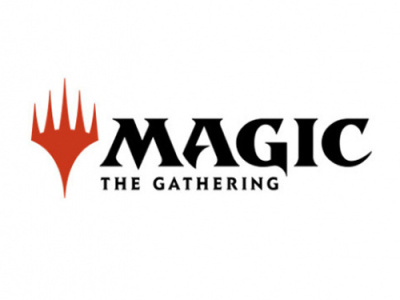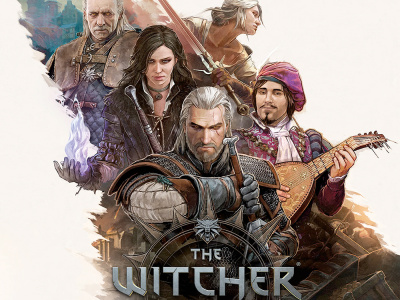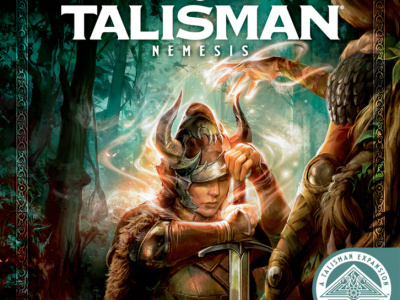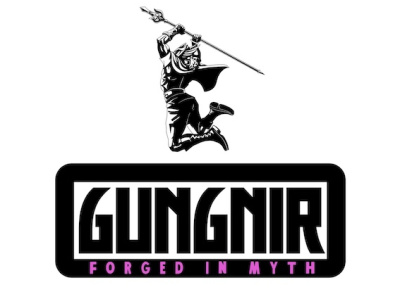
The battle over exclusives in hobby game distribution took another turn on Wednesday, as Queen Games announced an exclusive U.S. distribution agreement with ACD Distribution, effective immediately. Queen Games CEO Rajive Gupta said, “…this agreement will allow us to bring …games to market more efficiently and effectively.”
The announcement follows on the heels of the announcement that Z-Man Games had signed an exclusive distribution agreement with Alliance-Diamond earlier this month (see “Z-Man Games Goes Exclusive with Alliance”).
In a tit-for-tat battle you’d have to say that Alliance won the exchange, with Z-Man’s line accounting for more sales than Queen’s. But Queen is not insignificant, and joins Playroom (see “Playroom Goes Exclusive with ACD”) as a mid-tier hobby game line now distributed exclusively by ACD.
Alliance began the current move toward exclusive distribution by signing WizKids in 2007 (see “EXTRA: WizKids Goes Exclusive”) and Days of Wonder 18 months later in 2008 (see “Days of Wonder Goes Exclusive”). There have been other exclusive lines and products since, but the pace of change seems to be accelerating, with dueling announcements in the last month.
Alliance and ACD are not the only players in hobby game distribution, although they’ve been the only two playing in this battle for exclusive lines. Three other companies with multiple distribution locations, GTS Distribution, Southern Hobby, and PHD (Peachstate Hobby Distribution), are also affected. We talked to two of them after the Z-Man announcement earlier this month. The responses ran the gamut.
A GTS spokesperson told ICv2, “While we regret Z-Man Games decision, we are cognizant of the fact that every business needs to decide what is best for them. GTS Distribution wishes our friends at Z-Man Games the best in their future endeavors.”
Sito Sanchez, managing partner of PHD, declined to comment, saying, “I think the language would not be acceptable for your publication.”
We note that other than WizKids, the exclusive announcements have been coming from the board and family game category, where game companies may be adopting a more Euro-style distribution. The companies that make trading card games, which is a larger category than hobby board games, and miniature games, also a significant category, appear to be more committed to a multi-distributor strategy than board game companies.
This distinction by category is also important at the distribution level. The other three multi-location hobby game distributors (GTS, PHD, and Southern Hobby) all have roots in the card business and as such may not find the loss of board game lines as important as would otherwise be the case.
But even if the trading card and miniature game categories continue to be distributed by a range of companies, the trend in board games, where exclusive distribution deals are expanding, has the potential to significantly change the landscape for hobby game distribution in the U.S.







